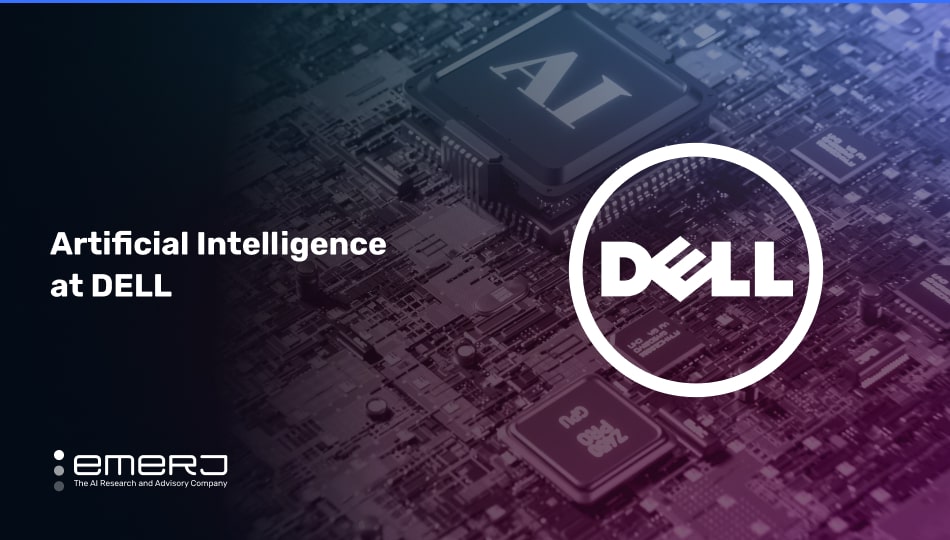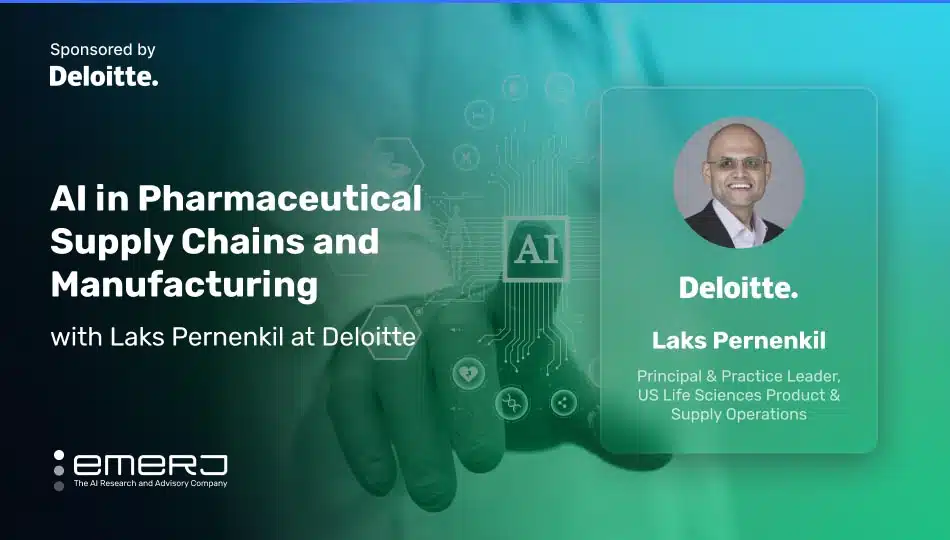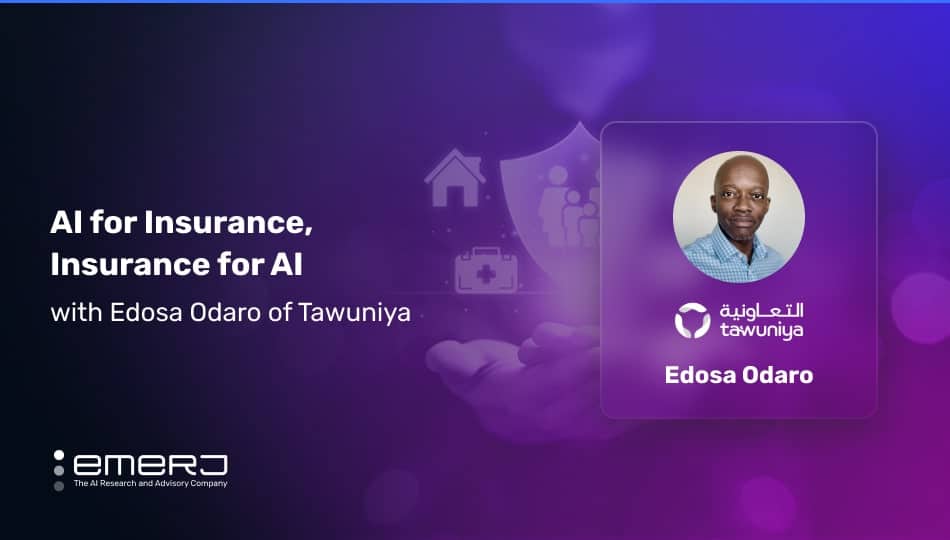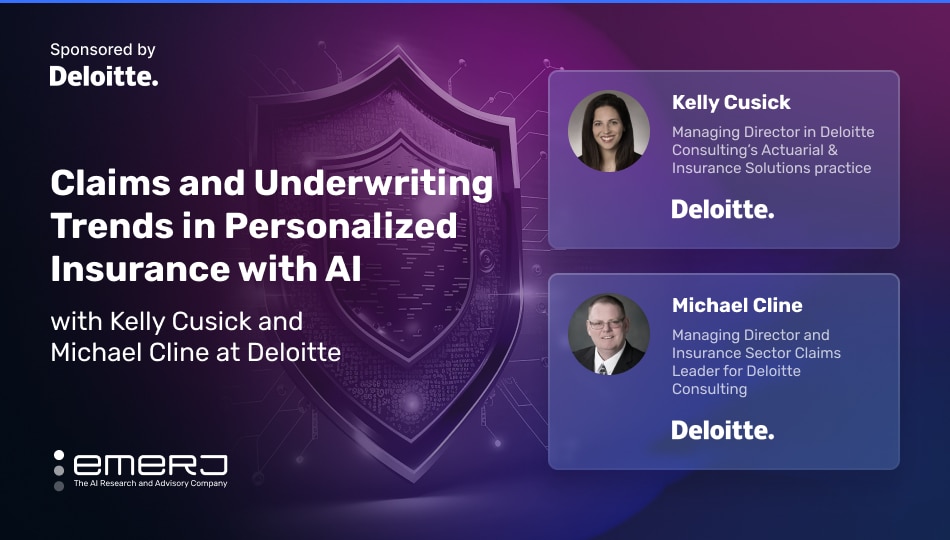Artificial Intelligence at Dell
Dell Technologies Inc., or simply ‘Dell’, is a Texas-based multinational technology company. Dell is predominantly known for its personal computing products,…

•


Nick DeNittis writes and edits AI industry trends and use-cases for Emerj's editorial and client content. Nick holds an MS in Management from Troy University and has earned several professional analytics certificates, including from the Wharton School.
Dell Technologies Inc., or simply ‘Dell’, is a Texas-based multinational technology company. Dell is predominantly known for its personal computing products,…

•

This interview analysis is sponsored by Deloitte and was written, edited, and published in alignment with our Emerj sponsored content guidelines. Learn…

•

This interview analysis is sponsored by Deloitte and was written, edited, and published in alignment with our Emerj sponsored content guidelines. Learn more…

•

This interview analysis is sponsored by Deloitte and was written, edited, and published in alignment with our Emerj sponsored content guidelines. Learn more…

•

AI and machine learning are propelling the insurance sector forward – willingly or unwillingly – while offering organizations the ability to…

•

This interview analysis is sponsored by Deloitte and was written, edited, and published in alignment with our Emerj sponsored content guidelines. Learn more…

•

This interview analysis is sponsored by Deloitte and was written, edited, and published in alignment with our Emerj sponsored content guidelines.…

•
